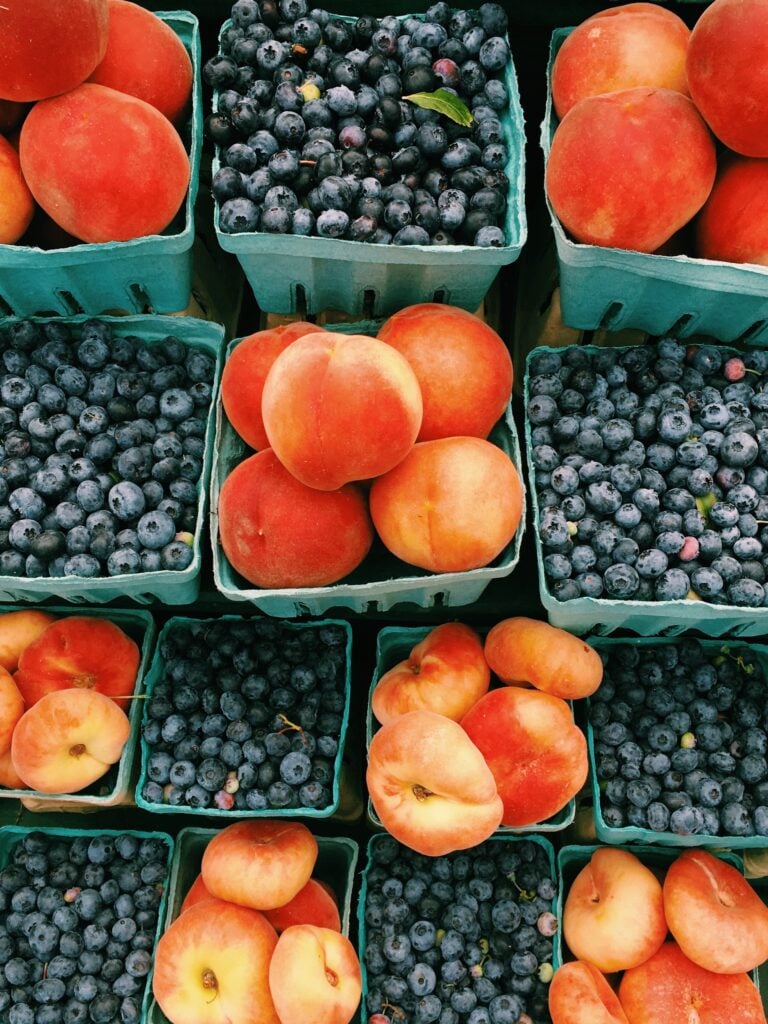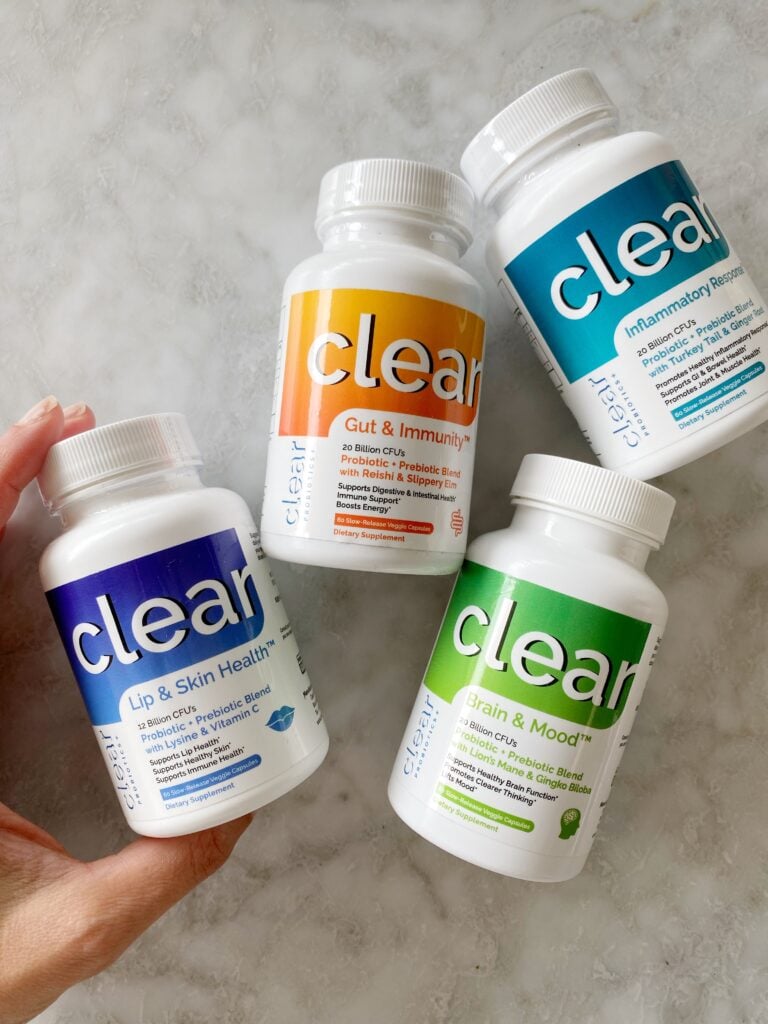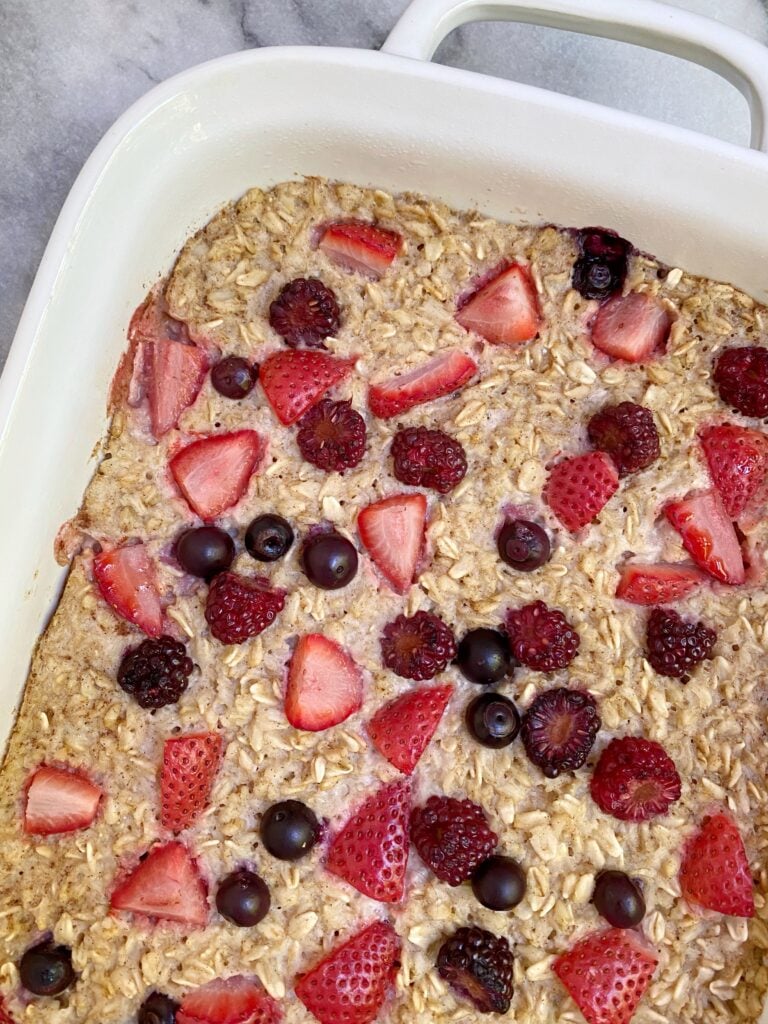4 Superfoods You Should Have In Your Kitchen
As more and more people gain access to information about nutrition, it’s become easier to build our lifestyles around healthier eating. Previously, home pantries might have been filled with processed foods and unhealthy snacks. But today, with easier access to nutritional whole foods, we’ve slowly but surely begun to change our lifestyles for the better.
I’ve touched on the subject before in my ‘Five Minute Guide to Mindful Snacking‘. Simple, all-natural ingredients are the key to better snacking habits, and the same goes for diets as a whole.
Maximizing the full nutritional potential of your food is important, and one of the best ways to do that is by integrating more superfoods into your diet. Superfoods are packed with nutrition, making them especially useful for improving and maintaining your health. There’s a common misconception that superfoods are exotic and hard to find, but that’s not actually the case. Below, I’ve listed out a few common superfoods that are essential in every kitchen and home.
Blueberries
Berries are a common yet powerful superfood, and perhaps the best example is the blueberry. According to BBC Good Food, blueberries have a ton of health benefits thanks to their high nutritional value.
Blueberries have vitamin C for immune system protection, antioxidants to protect against a range of illnesses, anthocyanidins for preventing heart disease, and are low in calories to boot. They can be eaten fresh, preserved in jam, or mixed into healthy pastries, which makes them an easy to use, versatile food to have around.
Wheatgrass
You might not think the common wheat plant has a ton of health benefits, but you’d be wrong. Wheatgrass is the young grass of the wheat plant, and it’s been found to eliminate toxins, aid in digestion, lower cholesterol levels, and even enhance your metabolism and immune system.
Brightcore adds that wheatgrass can also help boost your energy levels, making it a friendlier alternative to caffeine. You can juice it, take it as a powder supplement, or even add it into salads for that fresh, natural taste.
Oily Fish
When you talk about healthy food, oily fish doesn’t always come up. After all, what could be so healthy about fish high in fat? Quite a lot, it turns out. Fatty fish like salmon are rich in omega-3, which are essential fatty acids that the body can’t make on its own.
The Harvard School of Public Health writes that omega-3s are important for preventing heart disease and arrhythmias. Fish like salmon, mackerel, Atlantic cod, and even anchovies have all been found to be full of healthy omega-3s, so it’s easy enough to find an omega-3 source at your local supermarket that fits into your diet and budget.
Yogurt
Yogurt has long been touted as a healthy breakfast or light meal alternative to heavier fare, but its low calorie count isn’t the only benefit. Humans have eaten fermented food like yogurt for centuries, and one of the reasons why it’s so popular is because it’s good for you. Yogurt is filled with friendly bacteria and probiotics, which can help maintain the balance of bacteria in your gut. If you’re dairy-free you can opt for a fermented coconut yogurt with added probiotics.
In fact, Livestrong claims that recent research on probiotics has found that it can actually alleviate the symptoms of irritable bowel syndrome (IBS), which affects up to 45 million people in the United States. Not only that, yogurt can also protect against osteoporosis, strengthen your immune system, and even provide your body with healthy protein. Whether blended into a smoothie or eaten as a light meal or snack, yogurt packs a punch in the health department.







